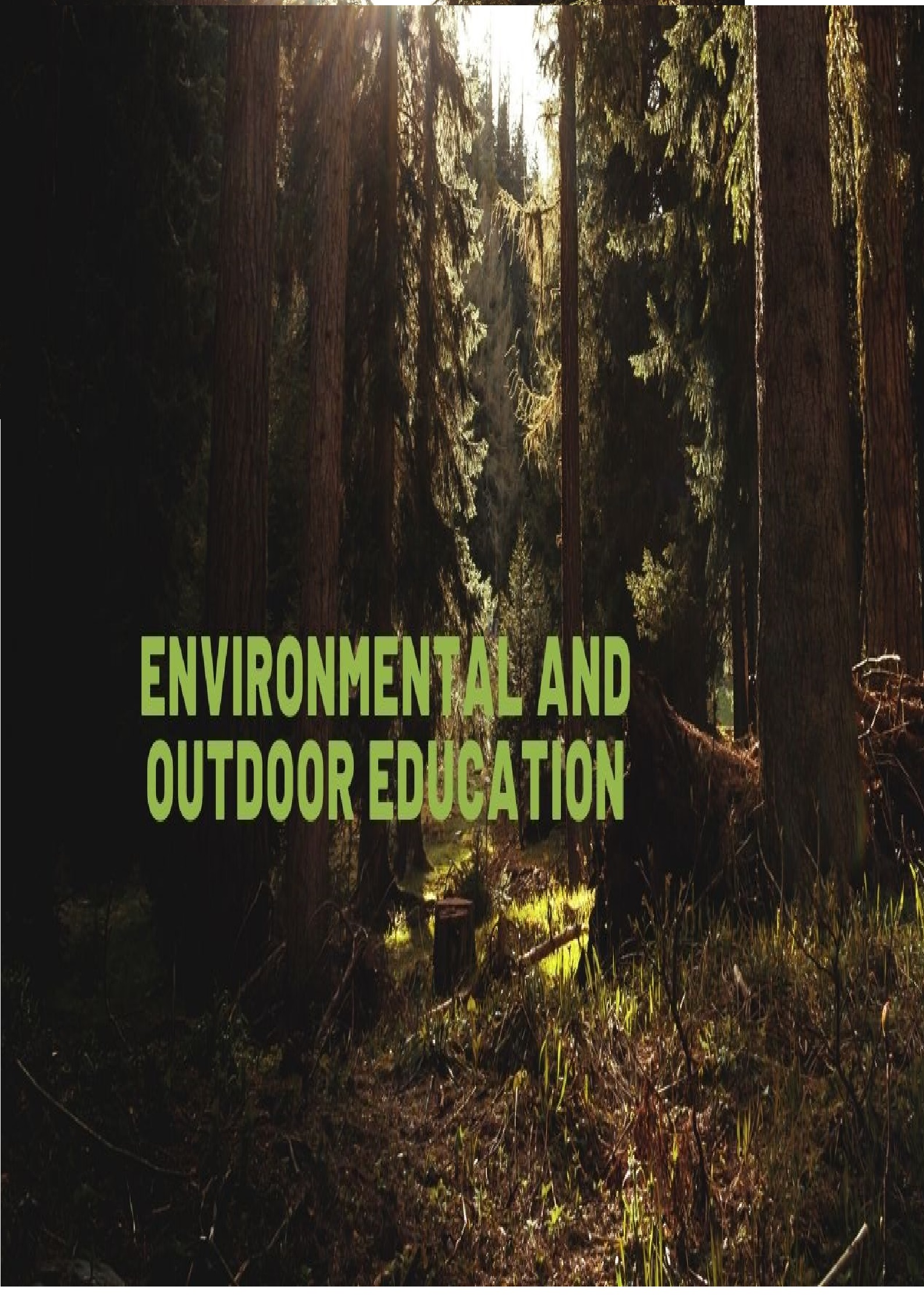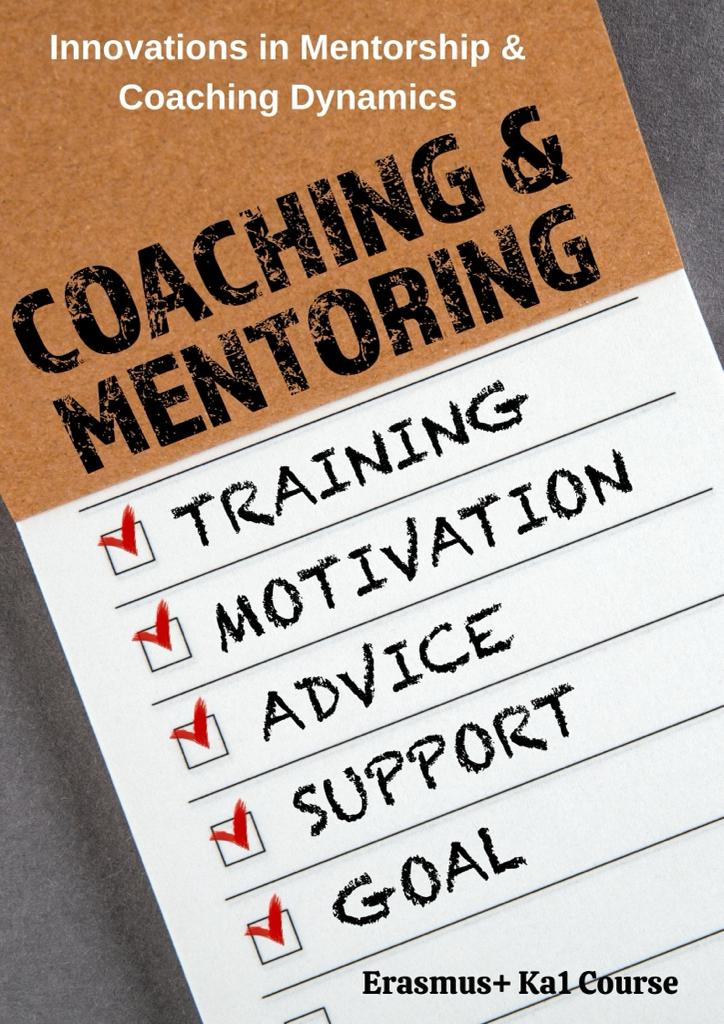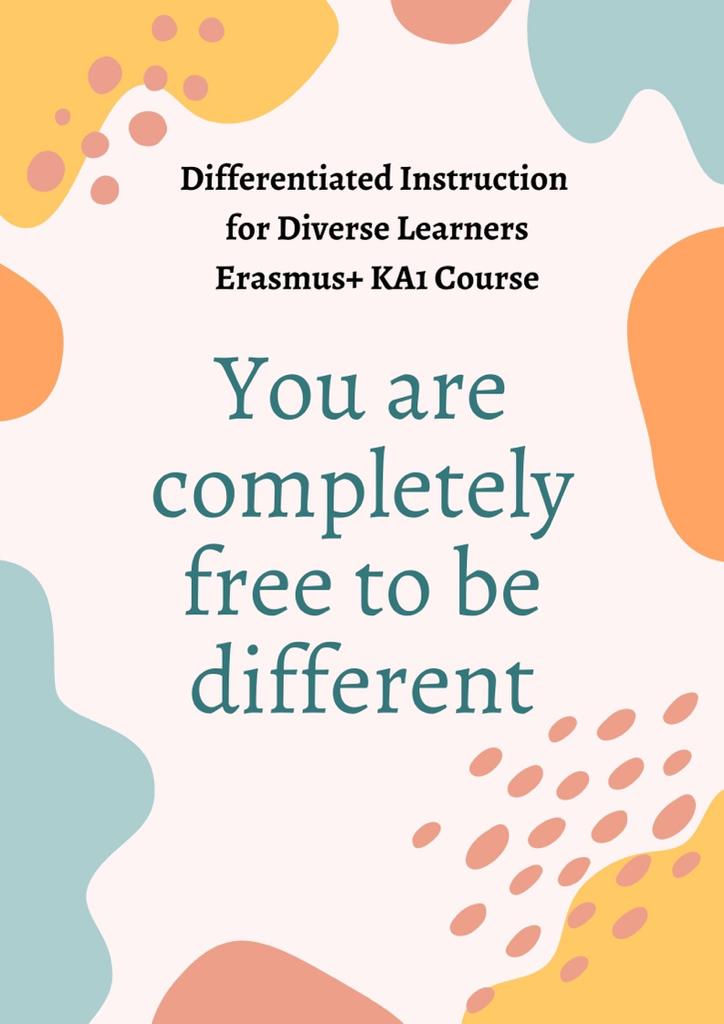| Course Description | This course is designed for educators, administrators, and professionals in school, youth, adult and higher education who are interested in incorporating outdoor learning and environmental education into their teaching practices. Through a combination of interactive workshops, hands-on activities, and guided excursions, participants will explore the principles and benefits of outdoor learning, gain practical skills for designing and implementing outdoor learning activities, and deepen their understanding of environmental sustainability and stewardship.
Over the course of five days, participants will engage in a variety of learning experiences that include guided nature walks, visits to local farms and protected areas, hands-on workshops on outdoor skills, and group discussions on curriculum development and the challenges and opportunities of incorporating outdoor learning into educational settings. Participants will also have the opportunity to network with like-minded professionals, exchange ideas and best practices, and explore the beautiful natural environment of the region where the course is held. Upon completion of the course, participants will receive a certificate that recognizes their commitment to advancing the field of outdoor learning and environmental education. Overall, this course offers a unique and immersive learning experience that combines theory and practice, personal growth and well-being, and environmental stewardship and conservation. |
| Methodologies Of The Course | The “Environment and Outdoor Learning” course utilizes a variety of methodologies to engage participants in an immersive and interactive learning experience.
Experiential learning: Participants will have opportunities to learn through hands-on experiences such as guided nature walks, outdoor skills workshops, and visits to local farms and protected areas. Collaborative learning: Participants will engage in group discussions, activities, and projects to exchange ideas and best practices, and to develop a network of like-minded professionals. Reflection and self-assessment: Participants will have opportunities to reflect on their learning experiences, identify areas for growth and improvement, and develop action plans for implementing outdoor learning in their educational settings. Multimedia presentations: Course materials include multimedia presentations, videos, and case studies to illustrate key concepts and principles related to outdoor learning and environmental education. Field trips: Participants will have the opportunity to explore the natural environment of the region where the course is held through field trips to nearby national parks, protected areas, and other outdoor destinations. |
|
Learning Outcomes |
1. Understanding of the principles and benefits of outdoor learning and environmental education.
2. Knowledge of the natural environment and biodiversity of the region where the course is held. 3. Familiarity with practical skills and strategies for designing and implementing outdoor learning activities in educational settings. 4. Increased awareness of the role of outdoor learning in promoting personal growth, well-being, and environmental stewardship. 5. Ability to identify and address the challenges and opportunities of incorporating outdoor learning into curriculum development. 6. Development of a network of like-minded professionals who can share ideas and best practices related to outdoor learning and environmental education. 7. Increased confidence and competence in outdoor skills such as wilderness survival, orienteering, and camping. 8. Improved ability to incorporate sustainability principles and eco-friendly practices into educational settings. 9. Development of a personal action plan for implementing outdoor learning in educational settings. |
| Language | English |
| Duration | 7 Days |
| Type of Certification Awarded |
|
Schedule of the activities
|
Online Meeting Program |
|
| Day 1 |
|
| Day 2 |
|
| Day 3 |
|
| Day 4 |
|
| Day 5 |
|
| Day 6 |
|
| Day 7 |
|
| Online Meeting Program |
Araxa Edu supports your dissemination activities |
| Course Fee | The course fee is 80 euros per participant per day.
This fee does not cover some expenses like accommodation or travel etc. Costs covering enrolment fees for staff mobility format ‘Courses and training’. ( Source: Erasmus+ Program Guide) |
|
PLANNED |
Zagreb, Croatia
1. May 06-12, 2024 2. June 17-23, 2024
Budapest, Hungary 1. May 13-19, 2024 2. July 22-28, 2024
İstanbul, Türkiye 1. May 20-26, 2024 2. August 26-01 September, 2024
Alanya, Türkiye 1. May 27-02 June, 2024 2. September 30-October 06, 2024
Antalya, Türkiye 1. June 03-09, 2024 2. November 04-10, 2024
Prague, Czech Republic 1. June 10-16, 2024 2. December 02-06, 2024
Rome, Italy 1. June 17-23, 2024 2. January 06-12, 2025
Paris, France 1. June 24-30, 2024 2. January 13-19, 2025
Barcelona, Spain 1. July 01-07, 2024 2. February 10-16, 2025
Thessaloniki, Greece 1. July 08-14, 2024 2. March 17-23, 2025
Lisbon, Portugal 1. July 15-21, 2024 2. April 21-27, 2025 |





















